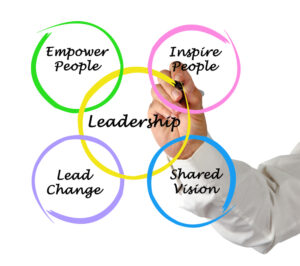
by Carmine Gallo
In the age of knowledge, ideas are the foundation of success in almost every field. You can have the greatest idea in the world, but if you can’t persuade anyone else to follow your vision, your influence and impact will be greatly diminished. And that’s why communication is no longer considered a “soft skill” among the world’s top business leaders. Leaders who reach the top do not simply pay lip service to the importance of effective communication. Instead, they study the art in all its forms — writing, speaking, presenting — and constantly strive to improve on those skills.
For example, while Jeff Bezos was building Amazon, he put a premium on writing skills. In the summer of 2004, he surprised his leadership team and banned PowerPoint. He replaced slides with “narratively structured memos” that contained titles and full sentences with verbs and nouns.
Bezos is not alone among top leaders. “You cannot over-invest in communication skills — written and oral skills,” says former PepsiCo CEO Indra Nooyi, who now serves on Amazon’s board. “If you cannot simplify a message and communicate it compellingly, believe me, you cannot get the masses to follow you.”
During my research for The Bezos Blueprint, I found a number of common tactics top leaders use when communicating with their teams. Here are four to try:
1. Use short words to talk about hard things.
Long, complicated sentences make written ideas hard to understand — they’re mentally draining and demand more concentration. You’ll win more fans if you replace long words and sentences with short ones. Continue reading








 BY SHANNA A. HOCKING
BY SHANNA A. HOCKING